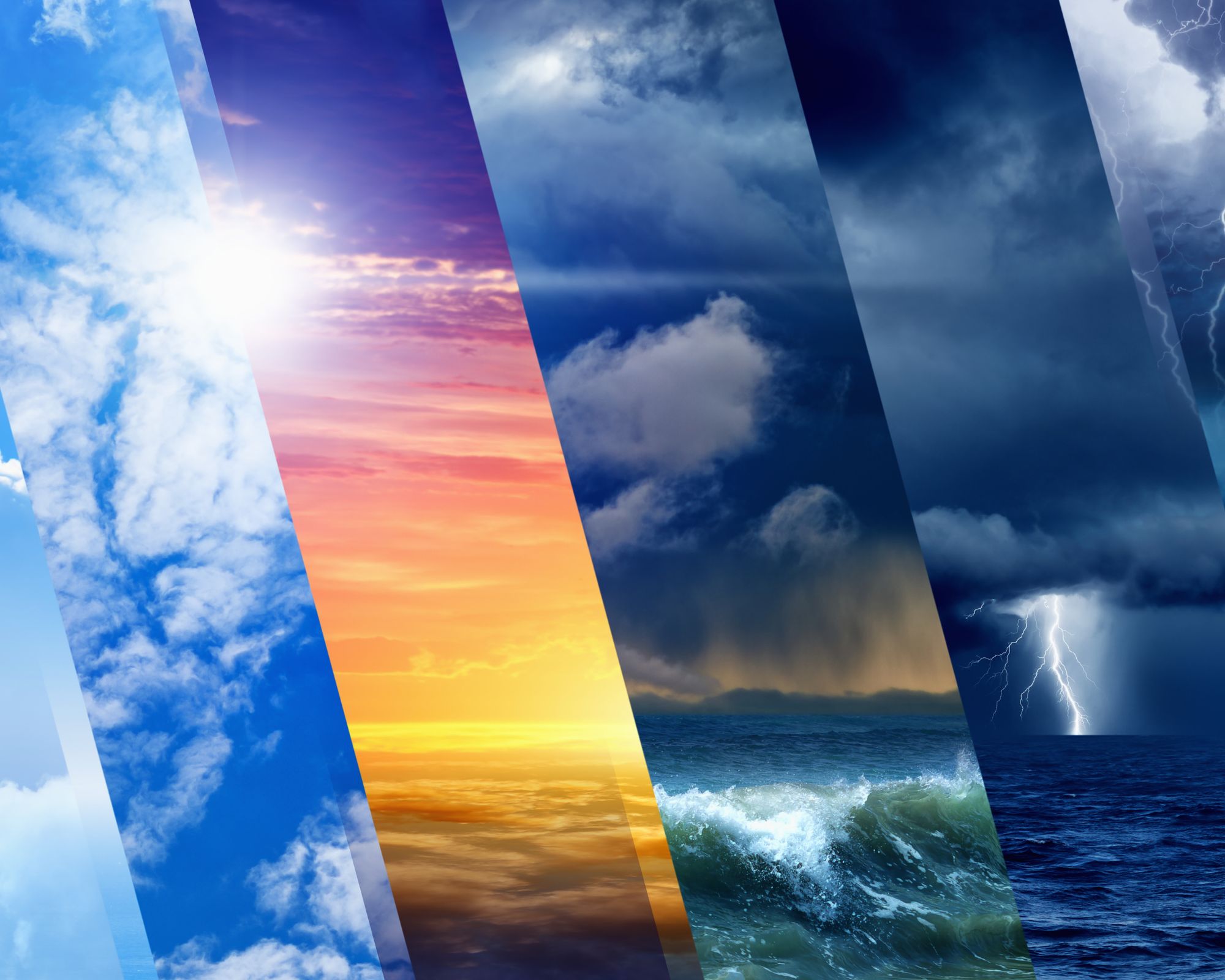Summary:
-
A new record high in sea level rise since 1993 and indicators of unprecedented glacier melting in the European Alps are just a few of the alarming signals of the climate emergency described in the tentative 2022 State of the Global Climate research.
-
Over the past 30 years, the melting of ice around the world has caused the sea level to rise at a rate that is getting faster and faster.
-
All early warnings UN Secretary-General, António Guterres, called the WMO to report a “chronicle of climate calamity” in a statement issued on Sunday.
-
To achieve “Early Warning for All” within the next five years, Mr. Guterres will present an action plan at COP27.
-
The head of the UN says that early warning systems are needed to protect people and communities worldwide.
A new record high in sea level rise since 1993 and indicators of unprecedented glacier melting in the European Alps are just a few of the alarming signals of the climate emergency described in the tentative 2022 State of the Global Climate research.
The full 2022 report won’t be out until the spring of 2023. Still, a preliminary study was released before COP27, the UN climate conference, to show the big problems that national and international leaders need to solve if they want to stop the climate crisis.
WMO director Petter Taalas, who announced the study at a gathering in Sharm El-Sheikh, Egypt, the location of this year’s conference, said: “The more warming, the more severe the repercussions.” The lower 1.5-degree target of the Paris Agreement is now only just within reach due to the current high amounts of carbon dioxide in the atmosphere. Many glaciers have already melted past the point where they can’t grow back, and the melting will continue for hundreds or even thousands of years. This will have a significant effect on water security.
Critical situations are everywhere on the globe
With record levels of carbon dioxide, methane, and nitrous oxide, the three main greenhouse gases that contribute to global warming, which is currently estimated to be 1.15 degrees Celsius above pre-industrial levels, the report is a confusing mix of alarming weather events.
For the first time in recorded history, all the snow in Switzerland melted during the summer. Since the turn of the century, the amount of glacier ice in the nation has decreased by more than a third. The alps had an average thickness loss of between three and over four meters.
Over the past 30 years, the melting of ice around the world has caused the sea level to rise at a rate that is getting faster and faster. Over the past 20 years, ocean warming has been very high, marine heat waves are becoming more frequent, and warming rates are predicted to continue.
The study describes how droughts and too much rain can have an impact. Kenya, Somalia, and Ethiopia have crop failures and food shortages because of another below-average rainy season. In July and August, record-setting rain caused flooding in over a third of Pakistan, forcing about eight million people to move.
A series of cyclones hit southern Africa hard at the beginning of the year. Madagascar was hit the hardest by heavy rain and floods that could have killed people. In September, Hurricane Ian devastated Cuba and southwest Florida and claimed many lives.
Extreme heat waves repeatedly wracked large portions of Europe; on July 19, when the temperature surpassed 40 °C for the first time, the UK set a new national record. This was accompanied by wildfires and a protracted, harmful drought.
All early warnings
The UN Secretary-General, António Guterres, called the WMO to report a “chronicle of climate calamity” in a statement issued on Sunday. The report shows how quickly climate change is getting worse, destroying lives and ways of living on every continent.
To achieve “Early Warning for All” within the next five years, Mr. Guterres will present an action plan at COP27. This is because climate shocks and extreme weather events are going to keep happening all over the world.
The head of the UN says that early warning systems are needed to protect people and communities worldwide. He said that if we want to respond to the planet’s crisis signal, we must do big, real things about climate change. The COP27 must be the location, and the time must be now.
Analysis by: Advocacy Unified Network

